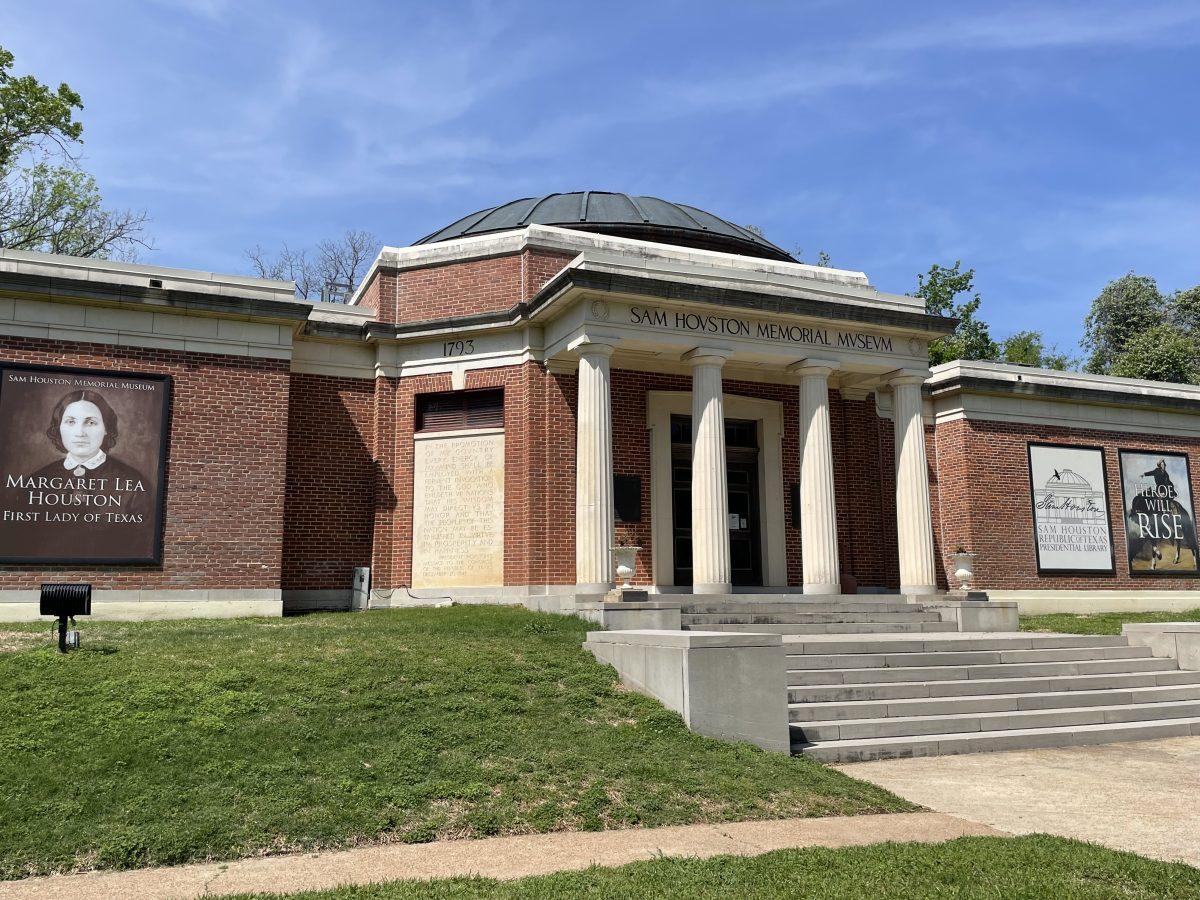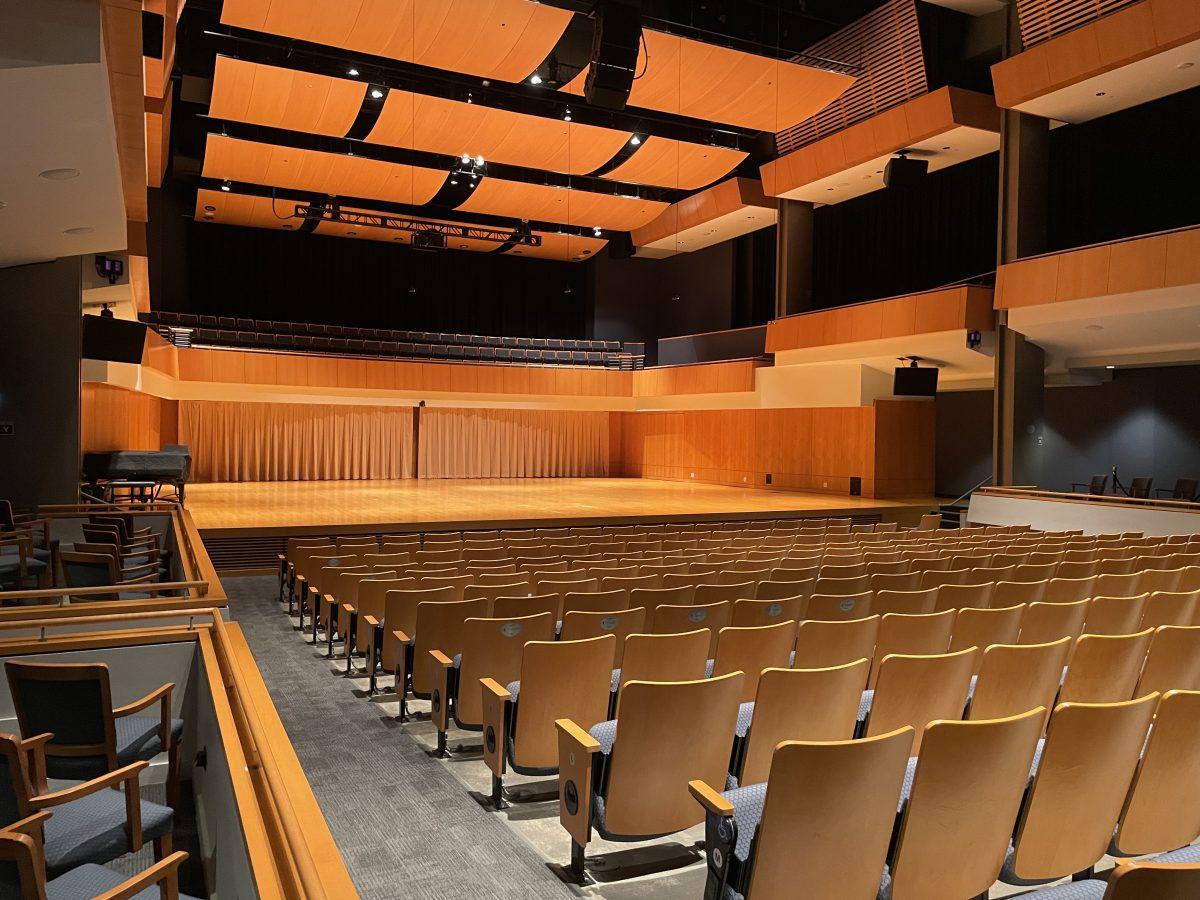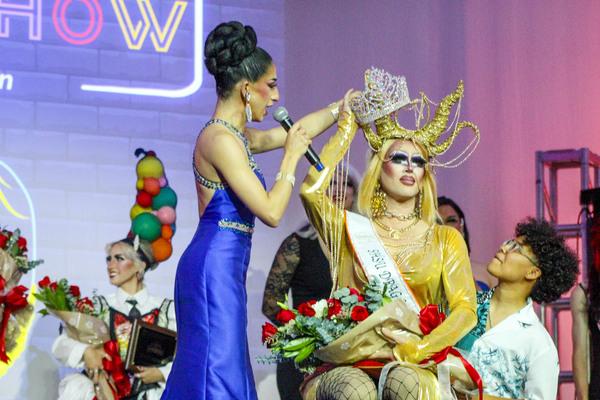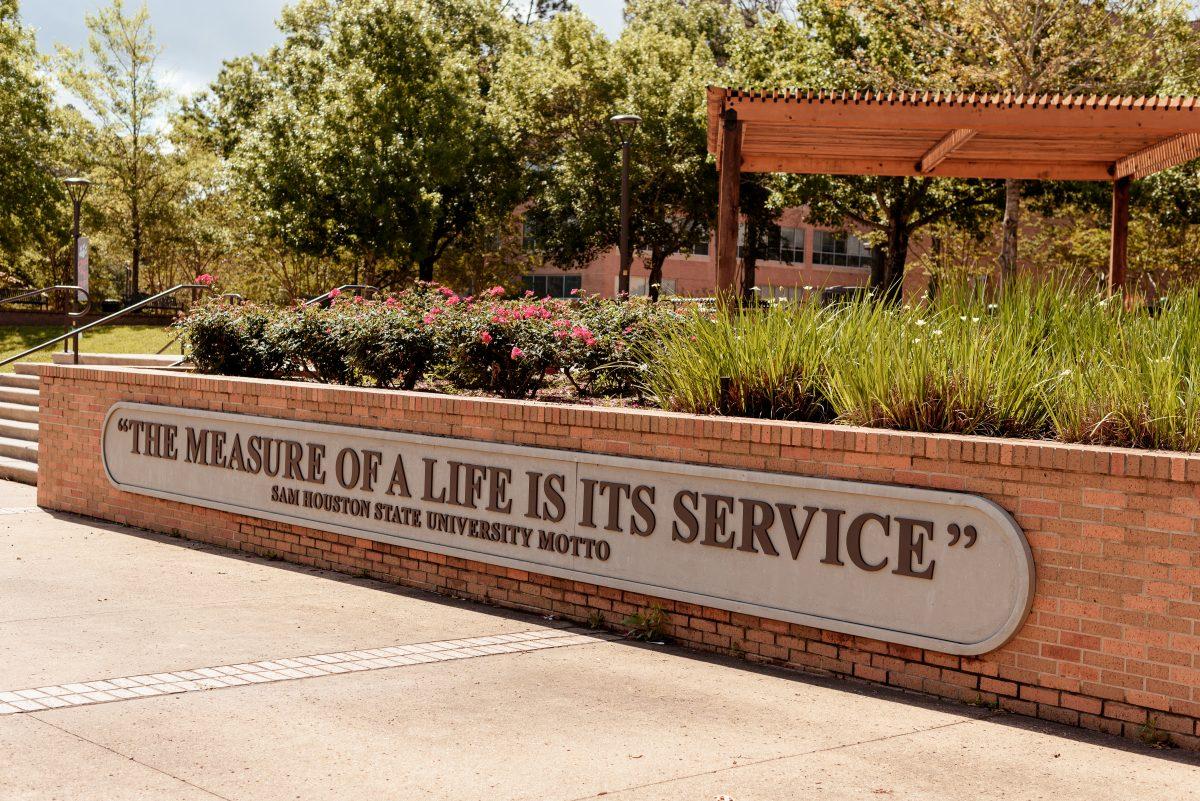Hispanic Heritage Month came to an end on Oct. 20th, with a talk with Dr. Tachto Mindiola about his personal journey in bringing a Mexican-American program to the University of Houston.
Dr. Bernadette Pruitt opened the event, and gave a summary of how the event would precede, with a talk from Andrew Prochazka, a student discussing his grandfather and his accomplishments. Followed by a performance by the Ballet Folklorico Dancers, and finally the lecture by Dr. Mindiola.
Dr. Pruitt started by recognizing the co-hosts of the event Phi Alpha Theta, the National History Honor Society, Sigma Phi Chapter. (Mention their recognition here)
She then opened the floor to student, Andrew Prochazka, who spoke about his grandfather. His grandfather was awarded a Purple Heart, for his service in Vietnam, and was awarded a Congressional Medal of Honor by President Regan. He then spent the later years of his life, going around the country discussing the military and military life. Essentially promoting it because of the large amount of anti-war sentiment. The family answered questions between the transitions of the dancers and the talk by Andrew.
Afterwards, the Ballet Folklorico Dancers performed. Their portion of the event lasted about 15 minutes. They were five numbers, with alternating group and solo dancers. They wore traditional clothing, and did traditional dances. It was very entertaining and interesting to watch. After the last number, they all came together and took a bow.
Finally, Dr. Pruitt introduced Dr. Mindiola, the former Director for the Center of Mexican American studies., a program that boasts a graduation rate of 72 percent, higher than the rates of other UH students (46%), Texas graduation rates (49%), and the U.S. rates. (60%) Dr. Mindiola discussed his own personal journey of developing a Mexican-American studies program. The entire conflict was both political, and took lots of pushing on the powers that be to create a program that he was passionate about. A process that included strained relationships with the Dean he worked under, and discuss how to appease many angry people at the university with the university president.
Dr. Mindiola described many of the benefits to participating in his program, and what people learn about. He discussed the importance of learning about one’s own culture, because all of the signs for assimilation are present. Mexican-Americans are suffering from a loss of culture, loss of names, and loss of language. “If it weren’t for Mexico being so close, we would have lost that stream of culture already.”
When asked if the revolutionary and challenging aspect of the inclusion of diverse programming was weakened by institutionalizing them, Dr. Mindiola said, “Higher Education is an institution where you are able to go and question things. In theory. My wife works at Exxon for example; she can’t go to Exxon and start damning the Capitalist system. But I can do it in the classroom. I can’t go and be an elected official, well maybe I can, Bernie Sanders did it, and start talking about the promise of socialism. Because you won’t get elected. But you can do it at the University. That’s why many Marxists, and Leninists, saw the university, when they were trying to organize the communist revolution in Russia, as higher education as the ‘training ground.’ Because they saw it as society’s weakest institution. Because that’s where you can speak, and speak freely, without in theory, repercussions. That remains.”
Dr. Mindiola stayed after the event and spoke with many students who wanted some one on one time. He took pictures, asked people where they were from and really seemed to get personal with a large amount of people. It was a great event to end Hispanic Heritage Month.











